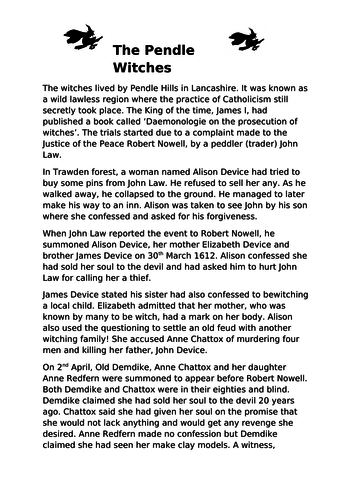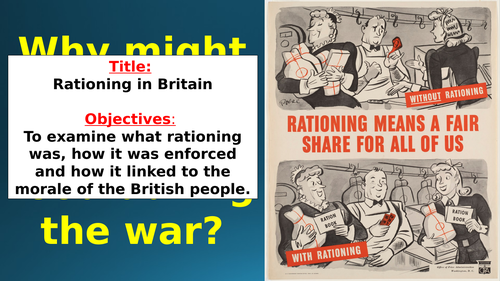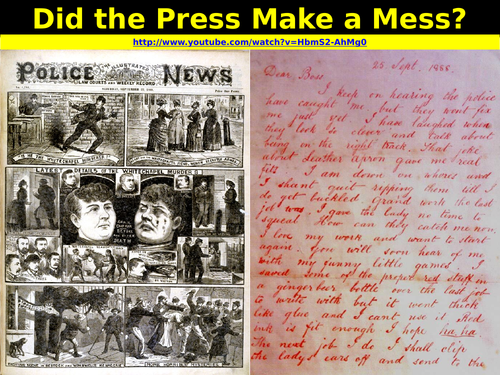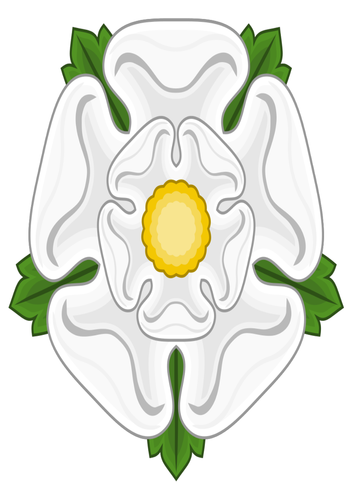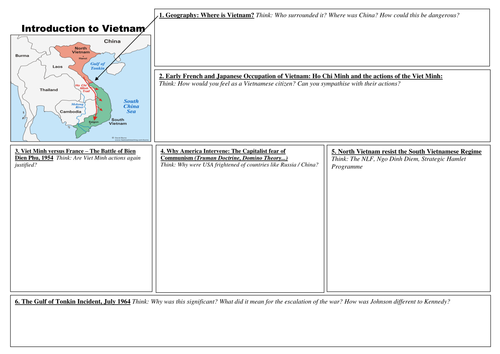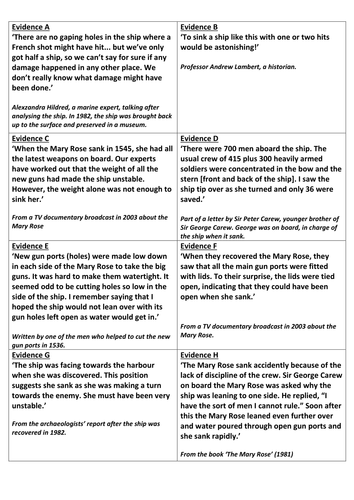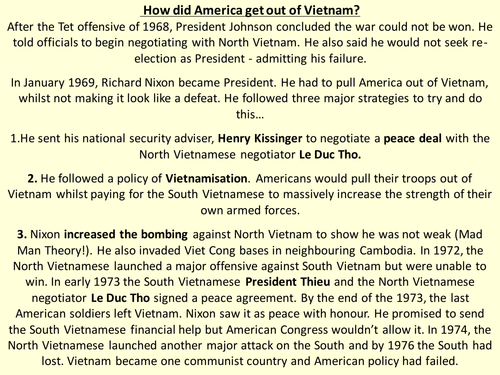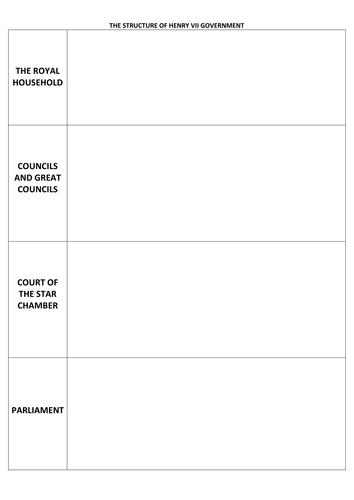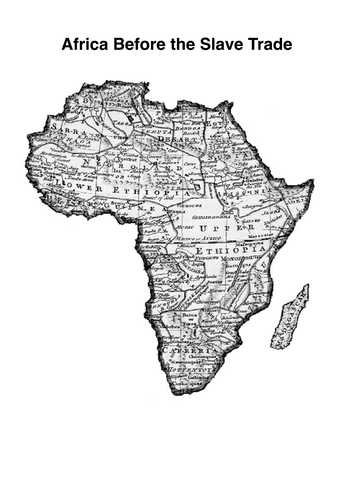HistoryHub's Shop
I am currently a head of faculty, with over 10 years teaching experience, specialising in History. I am passionate about developing excellent teaching which allows all pupils to feel challenged, supported and involved in their own learning. I have maintained outstanding results across KS4 and 5 and feel this has been made possible through rigorously planned lessons which are constantly updated to take into account meaningful, pedagogical changes in education.


